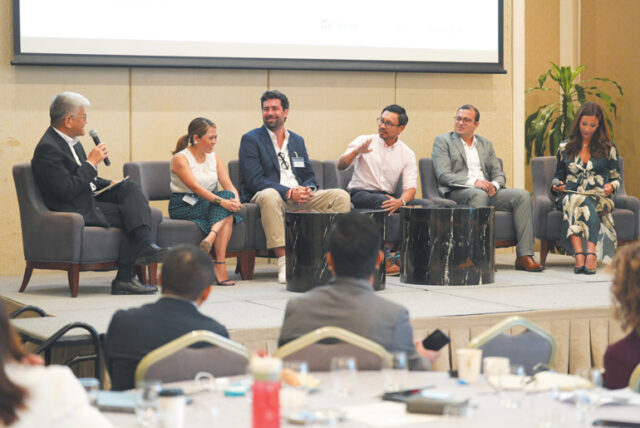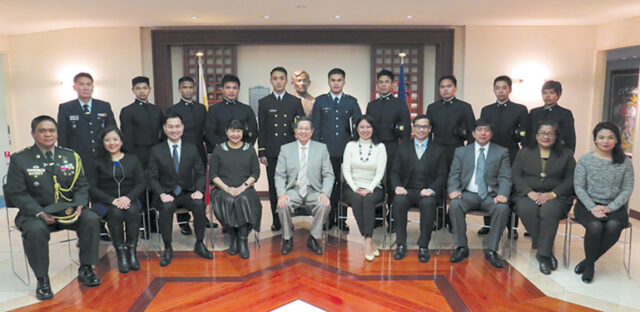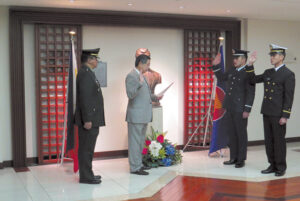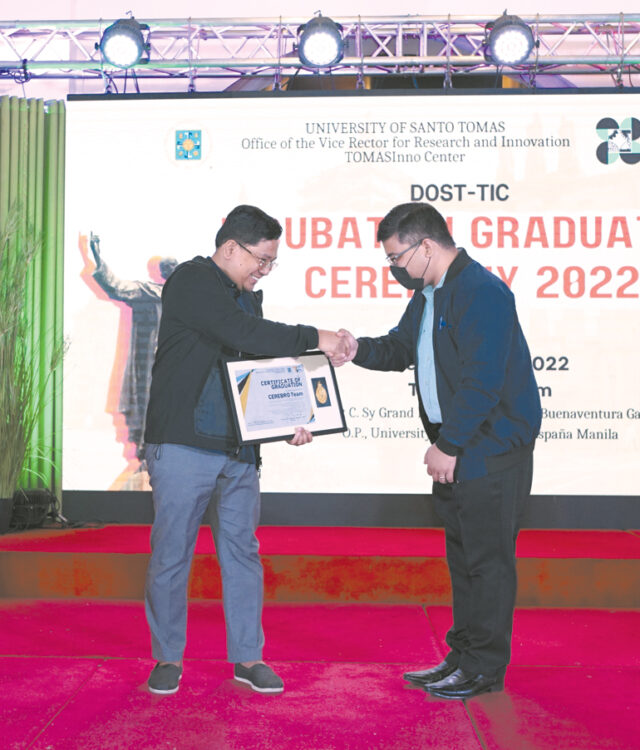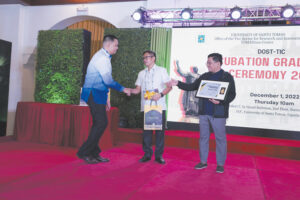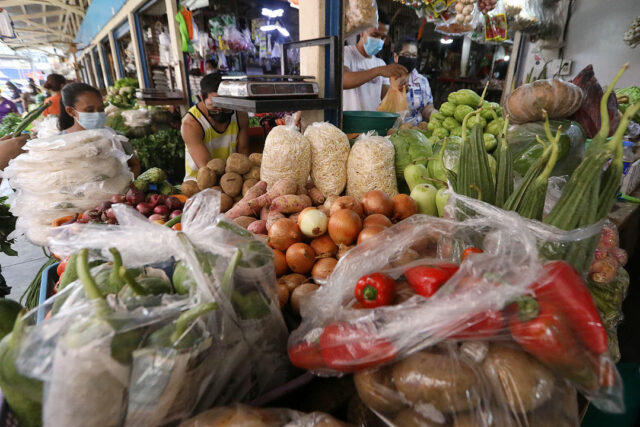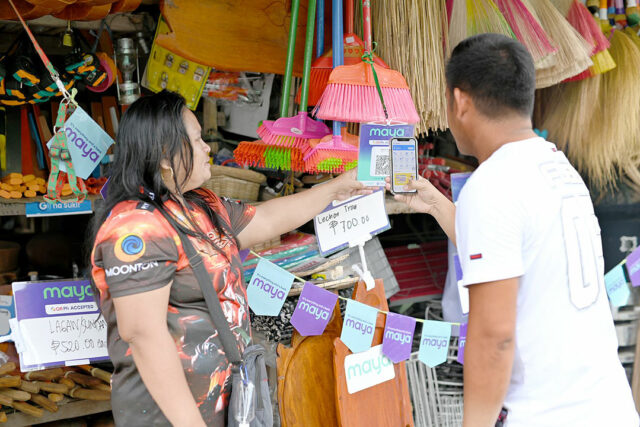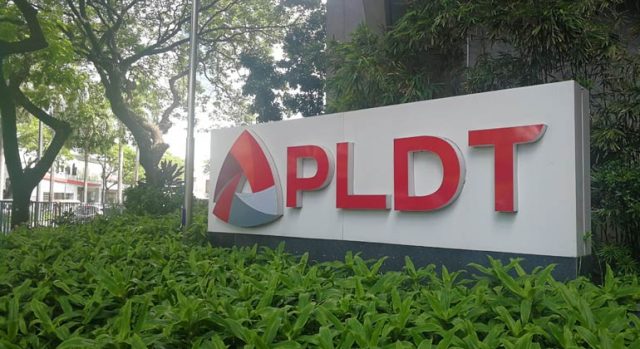Manuel ‘Manolo’ Lopez, an icon to remember
The Philippines lost one of the biggest contributors to its progress when Manuel M. Lopez, chairman and chief executive officer (CEO) of Lopez Holdings Corp., passed away just as the year began.
Mr. Lopez had been instrumental in the growth of Manila Electric Co. (Meralco), the country’s largest energy provider, and in strengthening the relationship between the Philippines and Japan in his role as ambassador. Moreover, his contributions to Lopez Holdings have helped create the reputation it has today as one of the country’s biggest conglomerates.
He has been a director of the company since June 8, 1993, was vice-chairman from 2001 to June 2010, and became chairman and CEO from June 2010 until Oct. 1, 2020. Since then, he has been chairman emeritus.
Among his other accomplishments were his terms as chairman of Rockwell Land Corp., vice-chairman of First Philippine Holdings Corp., and a director of ABS-CBN Corp. and ABS-CBN Holdings Corp. — all publicly listed, well-known firms in the Philippines, and all of them responsible for shaping their respective industries.
In addition, Mr. Lopez also served other roles in the Lopez business empire — as an executive vice-president of Benpres Corp. from 1973 to 1986 and of AFISCO Insurance Corp. from 1975 to 1982.
He graduated with a Bachelor of Science degree in Business Administration from the University of the East and advanced studies in the Financial and Management Development Program from Harvard.

Lopez Holdings has been a powerhouse of Philippine business since its beginnings in the 1800’s in Iloilo, enough so that very few Filipino families can match its history. The Lopez family, through its business, have been a major proponent of business excellence, nationalism, and social responsibility in the country.
In fact, in 2009, Lopez Holdings became the first Philippine holding firm to receive the Investors in People (IiP) certification. The British IiP framework helps businesses increase profits by implementing the best people management techniques. In 2013 and 2016, Lopez Holdings underwent re-certification to the IiP standard; the most recent assessment used the 6th generation IiP Standard.
The organization maintained the following Quality Policy in 2021 as part of its ongoing compliance with its ISO-certified quality management system: “Lopez Holdings exists to lead in quality management practices and adheres to good corporate governance in the conduct of all business.”
“We shall innovate and continually pursue improvements in all our services and processes to achieve business excellence,” the company noted.
This sense of responsibility Mr. Lopez took with him when he served as Meralco’s chairman from 2001 up to 2009, when the Lopez Group decided to sell their shares to Manuel V. Pangilinan.
“I leave this company with full confidence in [Pangilinan],” Mr. Lopez had said during his final speech to the company.
“As I step down as your chairman, it is with a great sense of fulfillment and pride that I have seen the significant expansion of Meralco’s franchise reach [and] the tremendous growth of our customer base and electricity sales volume… since Meralco’s transfer to Filipino ownership and management in 1962.”

Manolo, as remembered by his wife Maritess Lagdameo-Lopez in the book Manolo, A Portrait, was a man who nurtured and cherished human connection, and so led with compassion and the values of community.
“If there is any aspect of his life that speaks of him so well, it is the enduring presence of those alongside him. Beside his family, Manolo is almost never without the company of longtime colleagues, close business associates, fellow (art, guns, orchids, parrot, cockatoo) collectors, or boyhood friends. Where there were communal breakfasts and common hobbies before the global pandemic, there are now weekly Zooms and constant catchups over phone calls and group chats. All throughout this period of physical isolation, he has nurtured the bonds of friendship across multiple time zones and even multiple generations,” Ms. Maritess was quoted as saying.
This much is evident in how Mr. Lopez performed as Ambassador Extraordinary and Plenipotentiary of the Philippines to Japan. The Philippines-Japan Society awarded him the Medal of Merit for his service to the country, the highest award the Society can confer.
The Society recognized his accomplishments in the role including his management of a close working relationship with Japan towards the peaceful resolution of the West Philippine Sea issue, as well as securing Japanese support, assistance, and expertise in addressing the Philippines’ vital infrastructure needs, including the Mega Manila Transport Roadmap.
In his term, Mr. Lopez had a hand in the expansion of trade with Japan, with the result of accelerating direct investments of Japanese companies in the Philippines.
The Society also noted, “Barely two months from assuming his post, the Great East Japan Earthquake struck on March 11, 2011. Very new to the job, Ambassador Lopez heroically marshalled the Philippine Embassy staff in locating, assisting and safely evacuating Filipinos affected by the disaster, not only in the Tohoku region but the entire country as well.”
“It was a dramatic start of his fledgling diplomatic career — steeped with unprecedented challenges — which fortuitously turned into a blessing as it served to weld the strong and solid relationship of his Philippine Embassy team that would serve the large Filipino community in Japan for the next five years.”

Ms. Maritess, in her book, explained that this had been true to her husband’s character; he had always stood out as someone to be relied upon during difficult times. “You see, Manolo was never one to feel isolated — not even during the most difficult times across all the various posts he has held and the organizations he has led. Through the terror of Martial Law, the many storms that shook the corporate boardrooms, and the literal earthquake and tsunami that shook Japan very shortly after he became ambassador, Manolo’s spirit was always held aloft by the fierce loyalty and friendship of those around him, and by his own deep sense of responsibility towards his friends, his countrymen and his nation.”
“The book is a chronicle of a man well-loved who continues to lead a life well-lived. To me, he will always be the carefree and happy-go-lucky guy that I met that afternoon in San Francisco, who possessed a natural leadership and the passion of a true man of the world, who thrived in the company of family and friends — the boy who will always be our Manolo, and my beloved.”
Mr. Lopez is survived by Maritess, his sons, Martin “Mark” Lopez, chairman of ABS-CBN; Miguel “Mike” Lopez, senior vice-president and treasurer of Rockwell Land; and Manuel “Beaver” Lopez, Jr., director of First Gen Corp.; as well as his family in Maita, Jorge, Chris, and Connie with grandchildren Isabella, Bettina, Miguel, Martina, Manu, Andreas, Jack, and Luis. — Bjorn Biel M. Beltran


